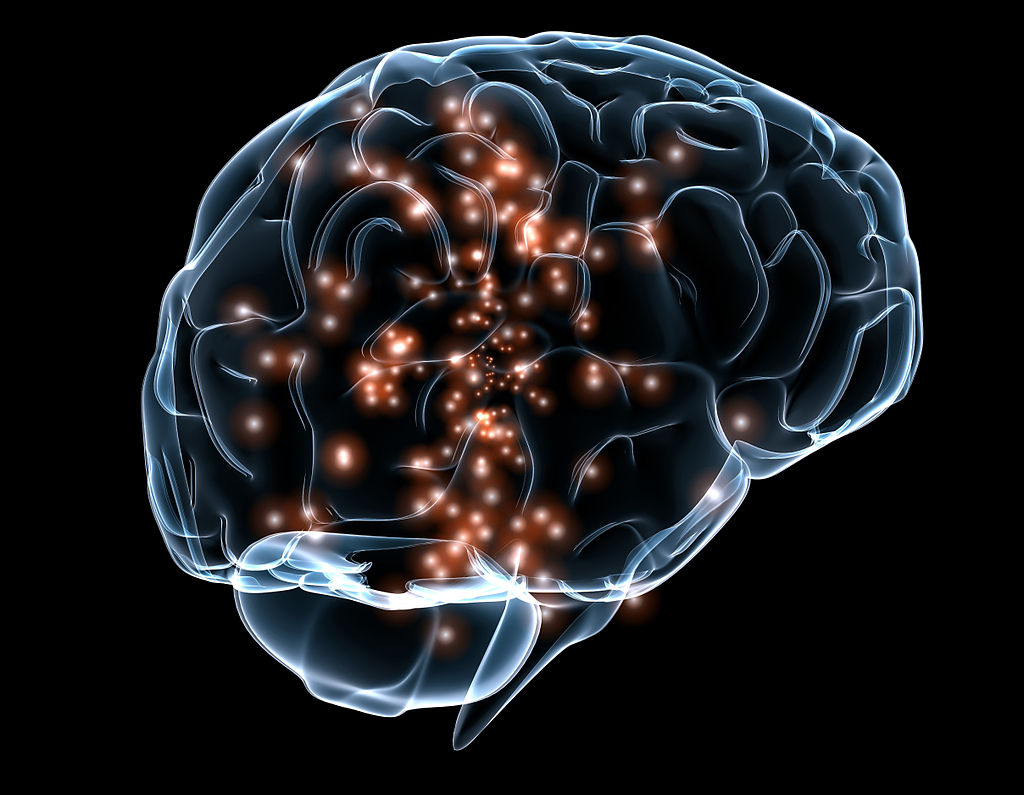
Shubhayu Bhattacharyay leads a study on a new smart alarm system which could provide a better early prognosis for people with severe brain injury.
With greater research and development, a smart alarm system, which monitors physical activity along with other clinical factors, could dynamically notify clinicians of changing physiology or therapeutic needs before it is too late.
Shubhayu Bhattacharyay
New research on patients with severe brain injury has found that motion monitoring may be able to provide valuable diagnostic and prognostic information, leading to improved ICU care.
The study, “Decoding accelerometry for classification and prediction of critically ill patients with severe brain injury”, led by Gates Cambridge Scholar Shubhayu Bhattacharyay, is published today in Nature’s Scientific Reports journal and presents the first quantitative analysis of motor signals for detecting levels of consciousness and predicting outcome in patients with critical neurological injury admitted to the neuroscience critical care unit.
For severe brain injury (SBI) patients, clinical characterisation and prognosis in the ICU are notoriously challenging. Complex, heterogeneous processes unfold in the brain after a SBI, and patients with seemingly similar clinical presentations often experience vastly different outcome trajectories. While our understanding of these processes is far from complete, there is a general consensus that motor function is a key indicator of neurological health, a relatively strong predictor of SBI outcome, and (via physical activity) an important component of treatment and rehabilitation.
Motor function is not, however, continuously monitored in ICU unlike, for instance, blood pressure. The research team from the Johns Hopkins University (USA) and Cambridge University designed a wearable, multi-sensor system which was placed on the extremities of patients admitted to the NCCU with severe brain injury. They engineered features from continuously recorded motor activity (accelerometry) over 24 hours, then, using supervised learning algorithms, they were able to detect changes in the level of responsiveness of patients and also predict short-term clinical outcomes.
The aim was to see whether integrating a physical activity monitoring modality, like accelerometry, into the ICU could serve as a proxy for quantitatively characterising motor function and, if so, improve the prognosis of short-term outcomes and detect changes in neurological condition ahead of clinical assessments.
Their pilot study showed that accelerometry-based features could significantly detect SBI patients capable of purposeful movement, could significantly predict SBI patients who will recover with, at most, moderate disability, and could detect changes in motor function before a clinical assessment.
Shubhayu [2020], who is doing a PhD in Clinical Neurosciences, says that the research is only in its early stages, but has interesting implications. He states: “First, with greater research and development, a smart alarm system, which monitors physical activity along with other clinical factors, could dynamically notify clinicians of changing physiology or therapeutic needs before it is too late. Second, exploring the link between our extracted features and changes in motor function could help uncover the bidirectional relationship between physical activity and recovery from SBI. Third, integration of physical activity monitoring into dynamic outcome prediction models in the ICU is likely to improve the precision of clinical prognoses and thus potentially provide greater autonomy to patients and their families during treatment decision-making.”
*Image from Wiki Commons and Darpa courtesy of Massachusetts General Hospital and Draper Labs












